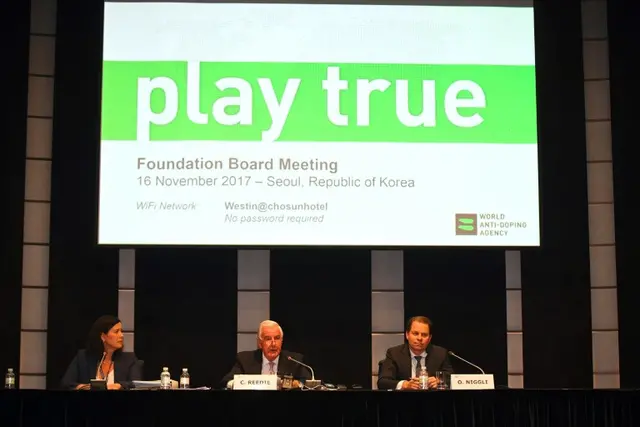The trial of seven Italian scientists and experts for manslaughter over the 2009 earthquake in L'Aquila highlighted Italy's pressing need of an effective emergency risk communication strategy, analysts said.
On Nov. 10, a Court of Appeal upheld the appeals of the defendants against their convictions to six years in jail ruled by a first grade court in 2012.
The seven accused were members of Italy's National Commission for Forecast and Prevention of Major Risks at the time of the earthquake. A first grade judge had found them guilty for issuing a falsely reassuring statement after a risk assessment meeting just before the quake.
According to prosecutors, their message had misled many residents and convinced them to stay at home and not leave their houses, as they had been used to doing in similar situations.
The Court of Appeal fully cleared all six scientists of the offence. A seventh defendant, former deputy head of civil protection department Bernardo De Bernardinis, had his sentence reduced to two years for minor connected charges.
Such an unprecedented trial drew a lot of attention worldwide. Some media even described it as an example of "science being put on trial," claiming the scientists had been charged for failing to predict the 6.3 magnitude earthquake that killed 309 people and left more than 1,500 injured.
Yet, that was never truly the case.
"It is absolutely untrue, L'Aquila trial never put 'science' under judgment," Stefano Cianciotta, professor of crisis communication with the University of Teramo, told Xinhua.
"The judges analyzed the conduct and the result of a specific meeting that took place six days before the quake and gathered top Italian volcanologists and emergency experts in order to assess the risks in L'Aquila, after months of tremors had scared the population," he said.
Errors in communicating the possible danger have been at the core of the trial since its beginning, and not a failure in predicting the major quake, pointed out Cianciotta, who analyzed the entire legal case in a book published in 2013.
"It is not a coincidence the Appeals Court partially upheld the conviction of former civil defense official De Bernardinis, and that only, because the civil protection agency has the task of providing information to local community in case of danger," Cianciotta explained.
The first grade convictions of all seven defendants were also very clear in pointing at the lack of clarity in the risk assessment delivered to the population, the analyst added.
"The first grade judge ruled all defendants had failed to clearly communicate the emergency," he said.
The two courts, although through different verdicts, showed a clear crisis communication policy is needed in public emergencies, according to Cianciotta.
The acquittal of the scientists sparked a justifiable resentment in the people of L'Aquila, who never fully recovered from the shock of that tragedy, the analyst felt.
From another point of view, though, the trial might mark a positive turning point in Italy's ability to develop an effective emergency risk communication strategy.
"This is the positive message I would draw from L'Aquila trial. From now on, crisis communication will be a strategic issue which both local authorities and civil protection will have to deal with, " Cianciotta said.
Some signs of a better awareness were already visible, according to him. The civil protection's action has been enhanced, some local authorities have proved a little more reactive in case of alert, and both are trying to speed up their communication channels when an emergency occurs. "Recent severe weather alerts issued in several regions gave an example: local authorities were more prompt in declaring the emergency and telling their citizens what were the possible risks and what they had to do to avoid them," Cianciotta said.
 简体中文
简体中文

